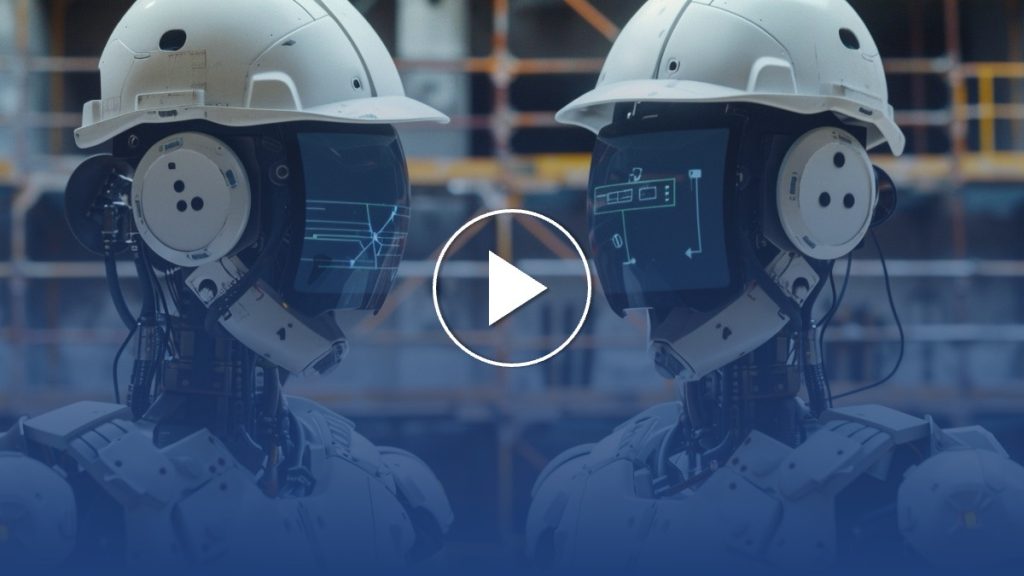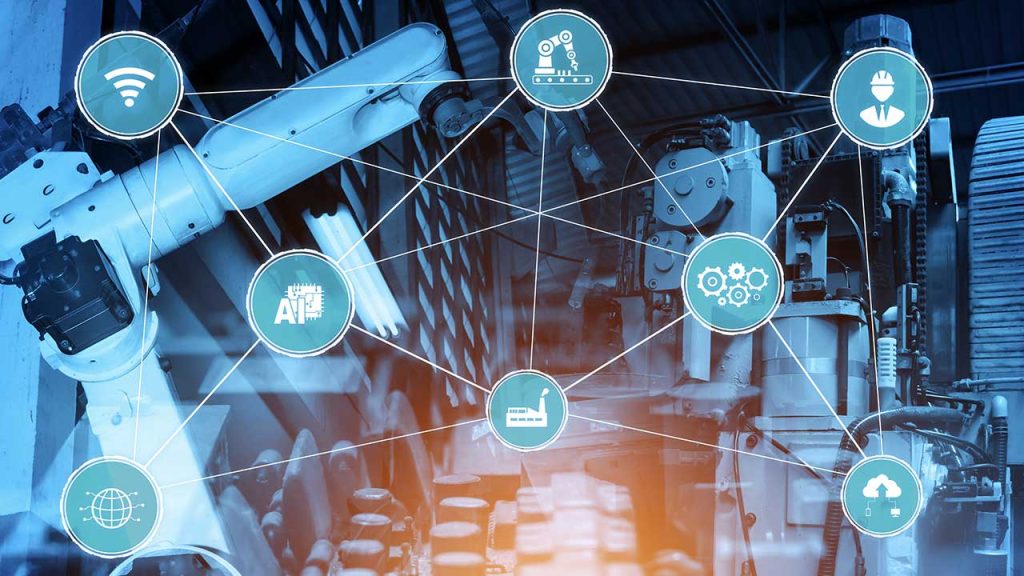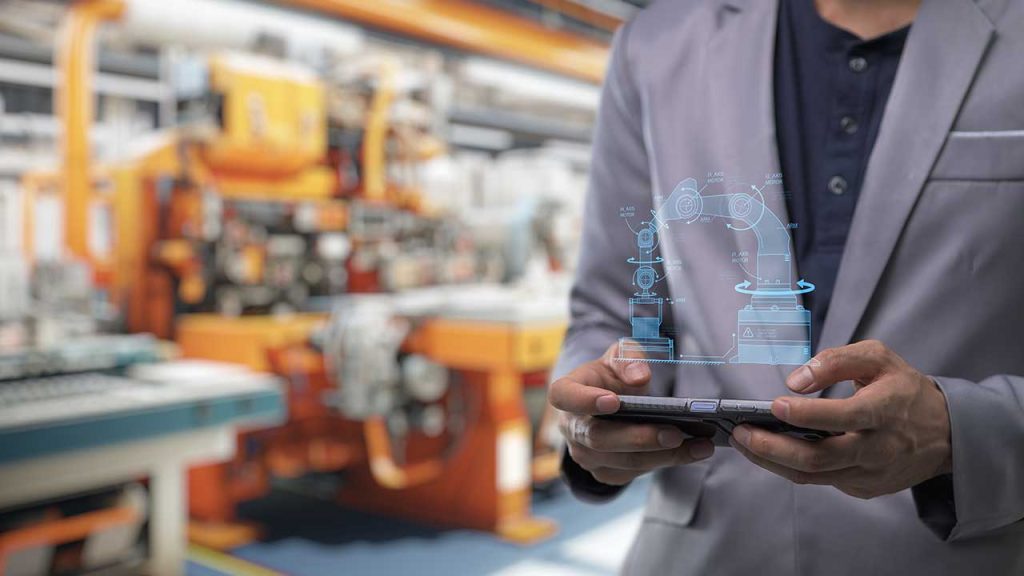From MES to AI: Charting the Evolution of Manufacturing
During the recent Hannover Messe 2024, Francisco Almada Lobo, CEO of Critical Manufacturing, shared insights into emerging trends in the manufacturing sector. The event highlighted an increasing interest in foundational technologies like Manufacturing Execution Systems (MES) and IoT solutions, as well as cutting-edge innovations such as AI and Generative AI. This blend of traditional and advanced technologies marks a unique phase in the industry’s evolution.
Manufacturers are eager to tap into the potential benefits of digitalization, envisioning a future where their operations are transformed. The journey typically starts with establishing a robust digital infrastructure within their facilities, seen as a stepping stone to effectively harnessing AI and machine learning technologies. However, a common pitfall is the hasty adoption of AI applications without sufficient foundational planning. Establishing a digital base is indeed essential but requires careful, step-by-step implementation to reap the full rewards of digital transformation.
For many manufacturers, the transition to digital has its challenges. Pilots involving IoT technologies often reveal the difficulties of scaling operations. While these pilots may succeed on a small scale, extending these solutions across an entire factory or to multiple factories presents significant obstacles. It’s becoming clear that more comprehensive solutions are needed beyond mere use cases to support widespread adoption.
The path to successful digital transformation in manufacturing requires building a supportive infrastructure that can handle IoT data integration and provide the context for actionable insights. This foundational layer is crucial for creating data-rich environments that fuel more sophisticated applications and deliver tangible business outcomes.
To address these challenges, companies like Critical Manufacturing are focusing on facilitating this transformation by enhancing data integration and analysis capabilities. By doing so, they enable manufacturers to not only control and optimize their operations but also harness the vast amounts of data generated for significant productivity and efficiency improvements.
The discussion at Hannover underscores the crucial role of scalability in successful digital transformation strategies. These strategies often involve creating a center of excellence to template solutions that can be swiftly deployed across multiple locations. This approach, underpinned by robust partnerships and collaboration, is not just important but vital for achieving growth and maintaining competitiveness in a rapidly evolving industry. It’s a testament to the value and significance of each stakeholder’s contribution.
As the industry continues to navigate these complex transitions, the role of strategic partnerships and the development of ecosystems that can support comprehensive digital solutions has become increasingly apparent. To truly revolutionize manufacturing through digital innovation is a collective effort requiring cooperation and coordination among various stakeholders.
For more insights, watch the video.
Lucian Fogoros recorded the interview during the Hannover Messe 2024. The IIoT World team edited this summary based on the video transcript, which was provided by https://chat.openai.com.



